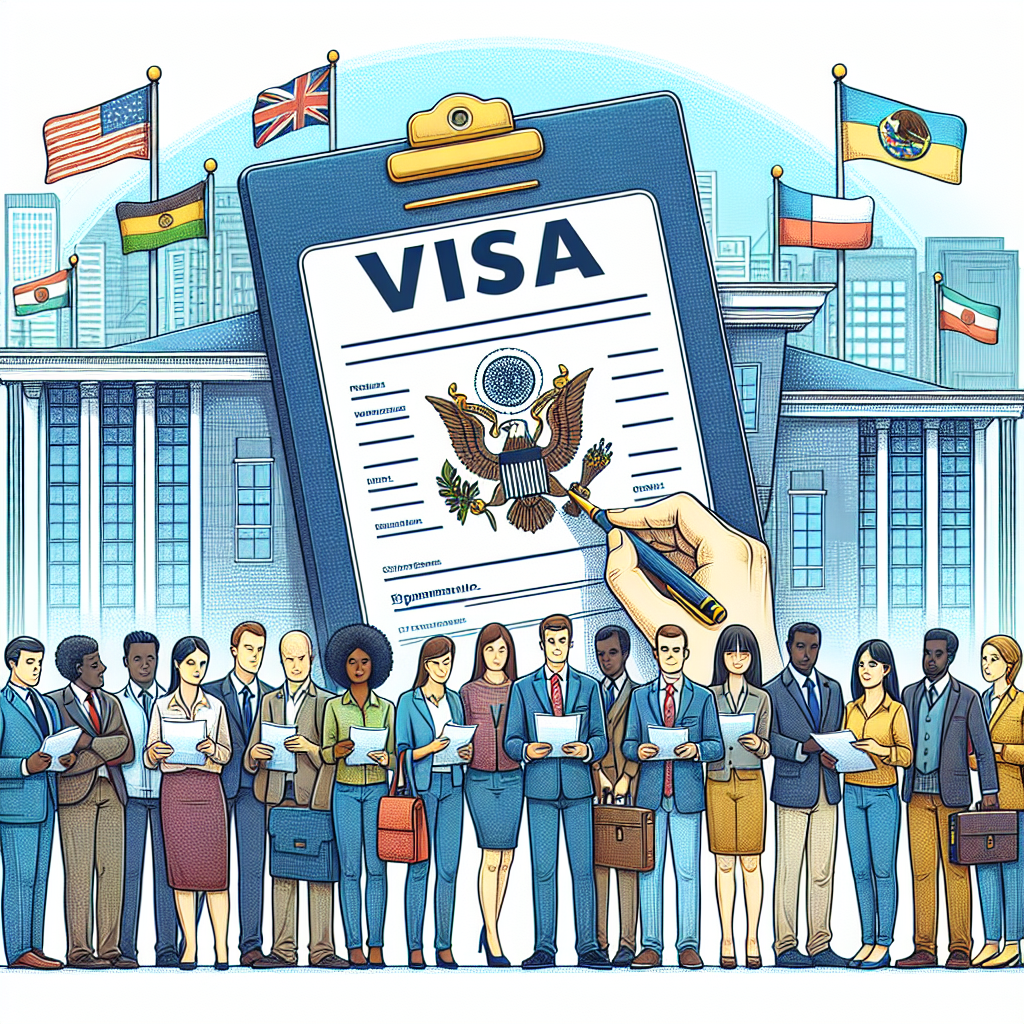Government Refines Accredited Employer Work Visa to Support Skilled Migration
New changes aim to improve visa processing, address skill shortages, and ensure fairness in employment.

- Country:
- New Zealand
The Government has announced further refinements to the Accredited Employer Work Visa (AEWV) to ensure New Zealand businesses can access the skills and experience needed to drive economic growth while maintaining fair employment practices.
Immigration Minister Erica Stanford highlighted that a responsive immigration system is critical to rebuilding the economy and reducing unnecessary barriers for businesses that rely on migrant workers.
“Earlier this year, we made initial changes to the AEWV to get unsustainable net migration under control and address the issue of migrant exploitation. Since then, operational improvements at Immigration New Zealand (INZ) have significantly increased visa processing efficiency,” Stanford said.
Significant Processing Improvements
The median Employer Accreditation processing time has been reduced from 62 calendar days to just 14 days.
Productivity in the Job Check process has doubled, enabling faster approvals for employers needing to hire overseas workers.
“These gains ensure New Zealanders are prioritised for job opportunities while creating a more fit-for-purpose visa system for businesses that genuinely require migrant workers,” Stanford added.
Key Changes Effective from March 2025
Several refinements to the AEWV system will take effect in March 2025, including:
Removal of the Median Wage Threshold:
The median wage requirement, set by the previous government as a proxy for skill level, will be removed.
Stanford noted that the median wage policy led to wage distortions and, in some cases, resulted in migrant workers being paid more than New Zealanders in the same roles. This also forced some businesses to increase prices to ensure pay equity.
Reduced Experience Requirement:
The minimum experience requirement for lower-skilled migrants will decrease from three years to two years, making it easier for businesses to access talent.
Extended Visa Duration for Lower-Skilled Workers:
AEWV applicants in Level 4-5 roles will have their visa duration extended from two to three years, aligning with the maximum continuous stay.
Extended Interim Work Rights:
Interim work rights will be granted to AEWV applicants applying from any work visa type or a student visa (if it permits work during term time).
This ensures migrants can maintain employment while waiting for visa processing, reducing disruptions for workers and employers.
Lower Domestic Workforce Threshold for Construction Labour Hire Employers:
The domestic workforce threshold for labour hire employers in certain construction roles will reduce from 35% to 15%. This change will come into effect from January 2025.
Revised Labour Market Test:
A streamlined, declaration-based model will replace the existing labour market test.
Employers will be required to advertise through MSD and demonstrate they considered New Zealanders in good faith during the recruitment process.
Inflation-Adjusted Income Threshold:
The income threshold for AEWV holders supporting a dependent child will increase from NZ$43,322 to NZ$55,844 to reflect inflation and cost-of-living adjustments.
New Seasonal Visas to Support Industry Needs
The Government has also agreed in principle to introduce two new seasonal visas by late 2025. These visas aim to provide a more flexible and tailored response to the varying needs of businesses across specific sectors and regions.
While design work for the new visas is ongoing, the current seasonal subcategory visa will be extended in the interim.
Further Streamlining of Job Checks
Immigration New Zealand is currently redesigning the Job Check step of the AEWV process to create more streamlined pathways for low-risk employers. This change is expected to further reduce processing times and make the system more efficient for trusted employers.
Focus on Long-Term Skilled Migration
Minister Stanford emphasized that the Government’s focus remains on attracting higher-skilled workers while managing migration levels responsibly.
“Our goal is to ensure New Zealand has access to the skills and experience needed to grow the economy. These changes create a smarter, efficient, and predictable immigration system while balancing the need to protect New Zealanders' job opportunities and wages.”
The refinements to the AEWV system align with the Government’s commitment to rebuilding the economy by addressing skill shortages, supporting businesses, and managing migration responsibly. The measures strike a balance between economic growth, employment fairness, and improved processing efficiency, ensuring a more dynamic and sustainable workforce for New Zealand.










